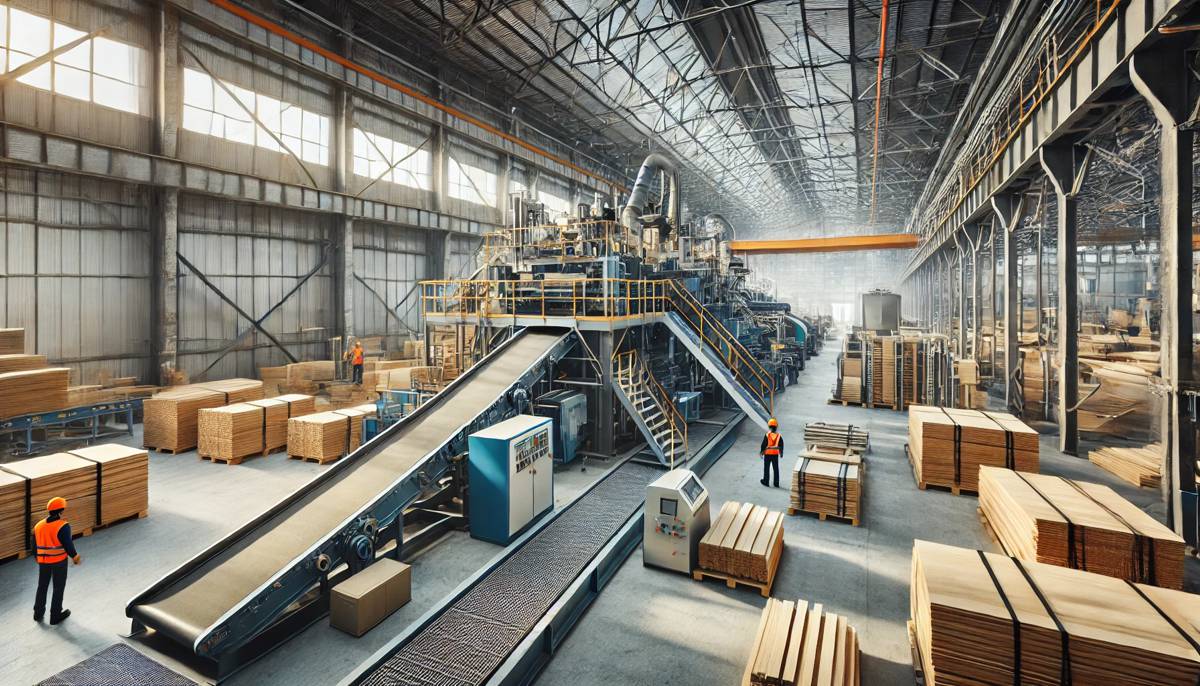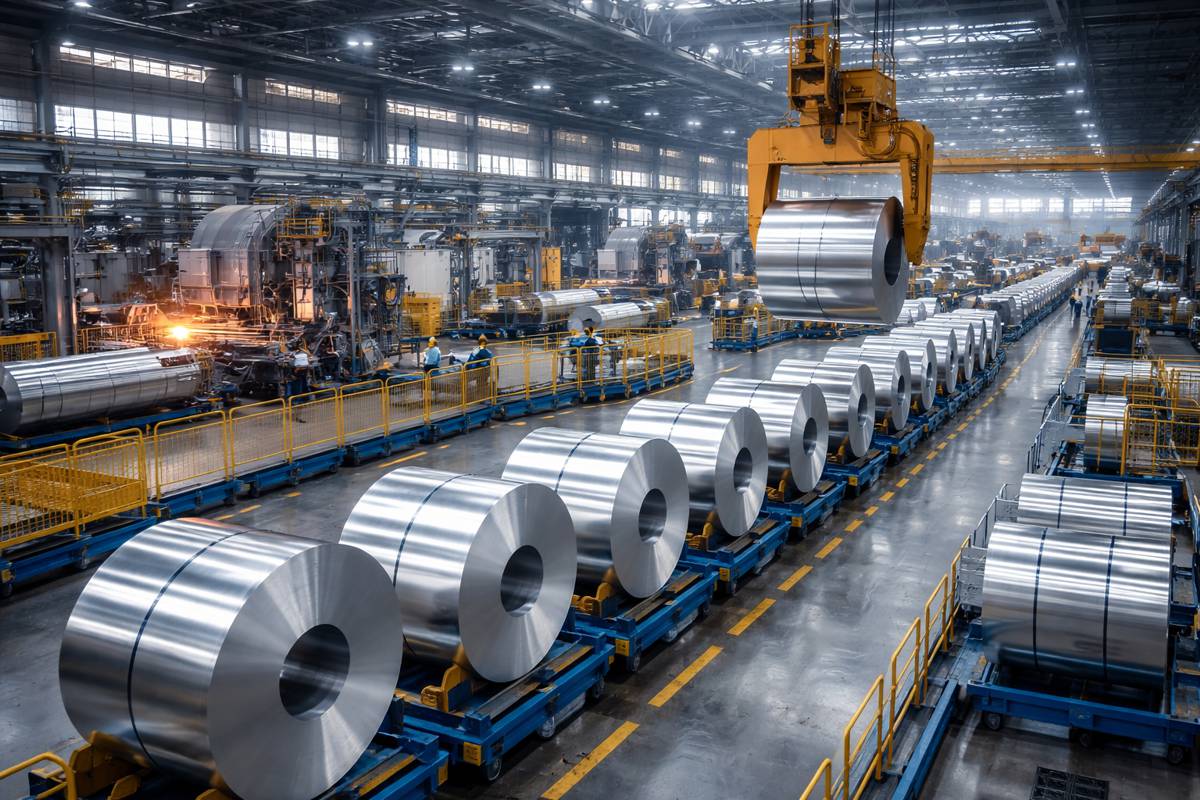Rethinking Particleboard Construction with Sustainable Innovation
In an era where sustainability is more than just a buzzword, the construction industry is under increasing pressure to adopt greener alternatives.
Traditional particleboard, a staple in affordable furniture and interior applications, often relies on formaldehyde-based adhesives, making it difficult to recycle and environmentally unfriendly. However, recent scientific breakthroughs are set to change that. Researchers are now exploring innovative ways to manufacture and reuse particleboard, minimising environmental impact without compromising quality or durability.
Adhesive-Free Particleboard Reinforced with Plant Fibres
A major breakthrough in particleboard production comes from research published in ACS’s Nano Letters, where scientists have developed an adhesive-free solution using plant macrofibres. These fibres, which feature nanoscale fibrils on their surfaces, effectively interlock wood particles without the need for synthetic binders.
The result? A lighter, stronger, and more sound-absorbing particleboard that eliminates the risks associated with formaldehyde-based adhesives. This innovation not only makes recycling easier but also opens up new possibilities for sustainable interior design and modular construction.
Bamboo Fibreboard A Game Changer in Sustainable Materials
Bamboo has long been touted as a fast-growing, sustainable alternative to wood, but its potential in particleboard manufacturing is only now being realised. Researchers, as reported in ACS Sustainable Chemistry & Engineering, have successfully created a self-bonding bamboo fibreboard.
By treating bamboo fibres with tea polyphenols and cobalt ions, and then applying heat and pressure, they’ve managed to develop a highly durable and flexible board. Unlike traditional particleboard, this version is free from volatile organic compounds (VOCs), making it a healthier, more eco-friendly choice for construction and furniture manufacturing.
Thermal Insulation from Recycled Cardboard
Beyond furniture applications, scientists are looking into new ways to use recycled materials for insulation. A study published in ACS Nano suggests that discarded cardboard can be transformed into a renewable foam with remarkable properties.
This lightweight, fire-resistant insulation material offers superior thermal regulation compared to conventional petrochemical-based alternatives like polystyrene. By repurposing cardboard waste, this innovation significantly reduces landfill contributions while providing a sustainable alternative for residential and commercial construction.
Recycled Wood for Medical Applications
Taking sustainability beyond construction, researchers have found an unexpected use for recycled wood materials—medical applications. In another ACS Nano study, scientists propose using discarded wood, including particleboard, to create hydrogels with mechanical properties similar to cartilage.
These wood-derived hydrogels have shown remarkable success in healing osteochondral injuries in animal models, outperforming traditional collagen-based treatments. If developed further, this technology could revolutionise regenerative medicine while giving discarded wood materials a second life.
The Road to a Greener Future
The construction industry is at a turning point. With rising environmental concerns and stricter regulations, the demand for sustainable materials has never been higher. Innovations like adhesive-free particleboard, bamboo fibreboard, and recycled insulation materials are leading the way, proving that eco-friendly alternatives can be just as effective—if not superior—to their traditional counterparts.
As research progresses and adoption increases, these advancements promise a future where construction is not just about building structures but also about preserving the planet for generations to come.





























